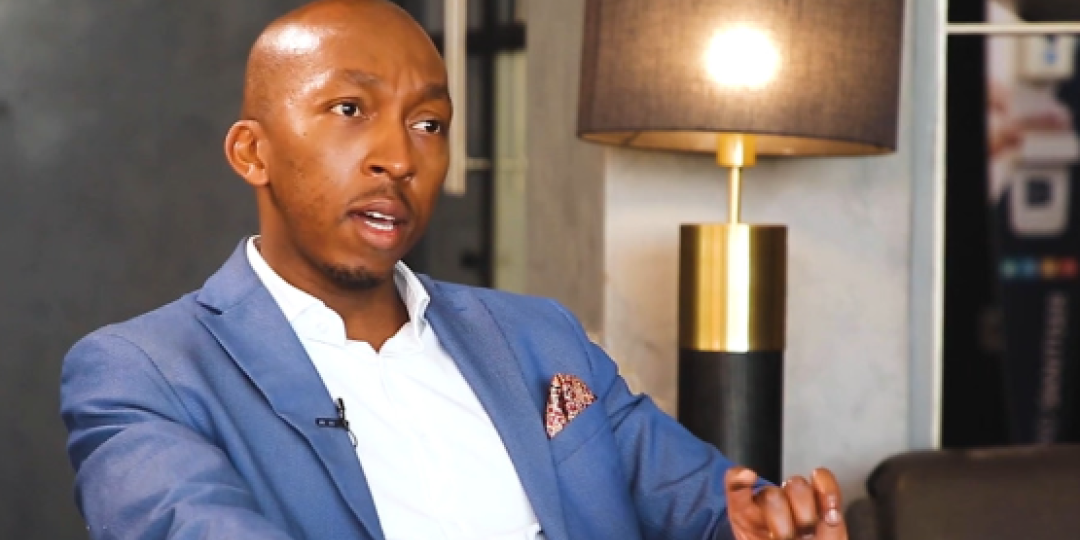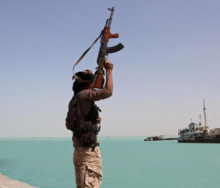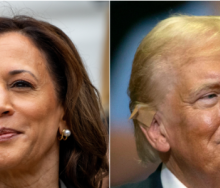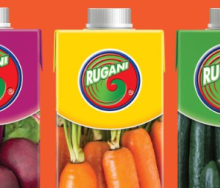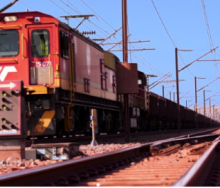South Africa's economy has undoubtedly faced many crises in recent years.
Still, according to Itumeleng Merafe, head of Business Lending at Investec for Business, these challenges also hold the potential for growth and transformation.
Speaking at the annual Road Freight Association (RFA) conference, Merafe highlighted South Africa's resilience in overcoming significant obstacles, such as the global economic crash in 2008, Brexit in 2016, the Covid-19 pandemic in 2020, and more recent supply chain disruptions.
He emphasised that the country was not alone in facing global economic turmoil and pointed out that rampant global inflation was a prevailing issue affecting nations worldwide.
Despite the negative sentiment surrounding South Africa, Merafe noted that foreign flows into the country and continued investments in local bonds demonstrated confidence in the nation's potential.
"One thing that is consistently important to understand is that we are deeply inwardly focused. There are still foreign flows into our bonds and inflows into the country."
He said that while it was easy to question why this was happening, considering many people's negative outlook, it was essential to look at South Africa relative to other emerging economies.
"And we stand above most of these. You can still buy South African bonds as and when you wish; there is no exchange control, and even with the downgrades and the greylisting, the country's debt is still in the local currency and therefore not increasing without any borrowing happening."
He acknowledged the ongoing challenge of unemployment, particularly as expanded unemployment figures have reached a staggering 46%, calling it a significant risk that needs to be addressed urgently. The persistent load shedding and Eskom's challenges also pose a considerable burden, with Stage 6 load shedding alone costing the country approximately R900 million daily.
Nevertheless, Merafe expressed optimism, emphasising that many of South Africa's challenges were not insurmountable and could be overcome through critical private sector involvement. He called for increased private investment in grid stability as one example of how the private sector could solve the power crisis.
Merafe further recognised the impact of rampant global inflation on commodity prices, which diminishes the country's historical reliance on mining booms to strengthen the rand. Instead, he advocated for internal structural reforms to address these challenges rather than relying solely on external factors.
Regarding the economic outlook, Merafe forecasted modest growth of around 1.9% for the current year, highlighting the importance of addressing the greylisting issue.
"With neutral to positive global risk sentiment and a greylisting duration of only 24 months, we anticipate that the rand will stabilise, and fiscal consolidation will lead to a more positive credit rating outlook."
He also projected relatively flat interest rates until next year, followed by a tapering off. However, Merafe cautioned that if the political landscape became more uncertain, greylisting prolonged, and a lengthier global recession ensued, interest rates could increase by at least 4% by the end of next year.
Despite the challenges, Merafe urged stakeholders to recognise South Africa's potential and work collectively to address the country's economic situation.
